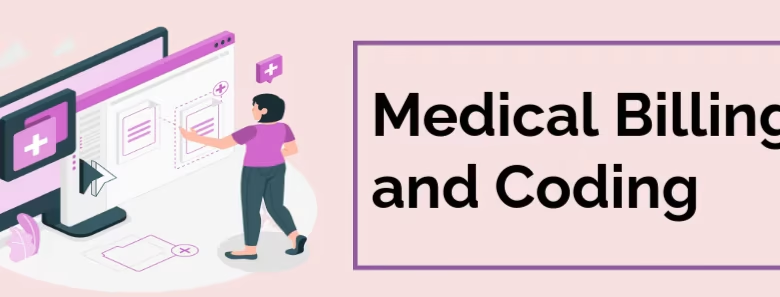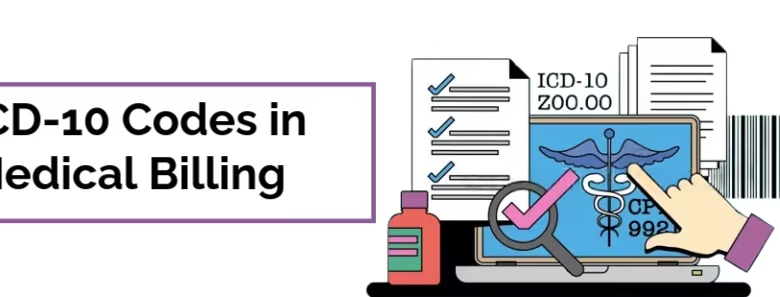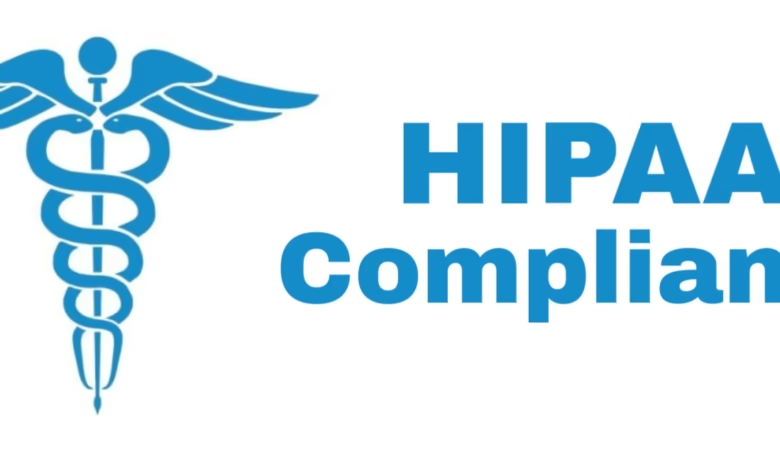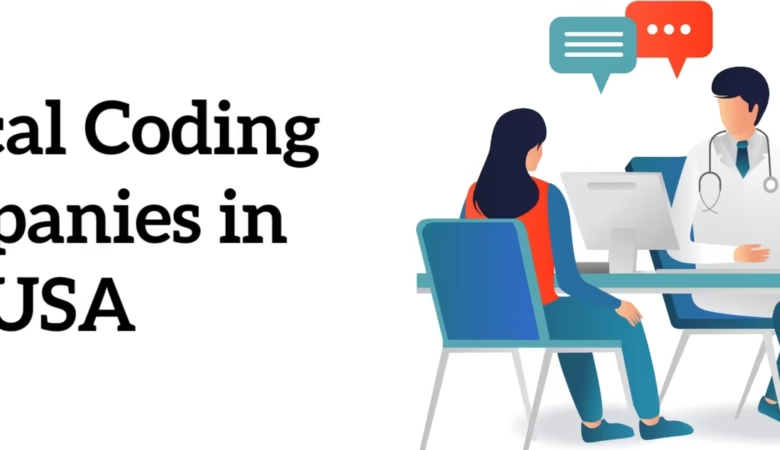Medical Billing and Coding: Comprehensive Guide for Texas Healthcare Professionals
Introduction Medical billing and coding are critical components of the healthcare industry. These processes ensure that healthcare providers receive accurate compensation for their services while maintaining compliance with insurance regulations. Whether you are a healthcare provider, a medical billing professional, or someone looking to start a career in online medical billing and coding, understanding these functions is essential. In this comprehensive guide, we will explore the fundamentals of medical billing and coding, the benefits of outsourcing billing services, career opportunities, and why Texas healthcare providers should partner with RevMax Healthcare for efficient billing solutions. Also Read: Best Medical Coding Companies in Texas What is Medical Billing and Coding? Medical billing and coding involve translating medical procedures, diagnoses, and treatments into standardized codes for insurance claims and record-keeping. These processes ensure smooth financial transactions between healthcare providers, insurance companies, and patients. Medical Coding Medical coding is the process of assigning standardized codes to medical procedures and diagnoses. These codes, such as ICD-10, CPT, and HCPCS, help healthcare providers communicate with insurance companies efficiently. Medical Billing Medical billing involves submitting claims to insurance providers and ensuring that healthcare facilities receive timely reimbursements. Billers verify patient insurance, process payments, and handle claim denials and appeals. Also Read: Best Medical Billing Companies in USA Importance of Medical Billing and Coding in Healthcare Efficient medical billing and coding streamline operations in healthcare facilities by: Ensuring accurate reimbursements Reducing claim denials Improving cash flow Enhancing patient satisfaction Ensuring compliance with healthcare regulations By outsourcing medical billing coding services to trusted providers like RevMax Healthcare, Texas healthcare facilities can focus on delivering quality patient care while ensuring financial stability. Also Read: Benefits of Partnering with Medical Billing Company Online Medical Billing and Coding: A Growing Career Opportunity Online medical billing and coding have gained popularity with the increasing demand for remote work. Many professionals now obtain certifications and work from home, providing billing services to healthcare providers across the country. Steps to Become a Medical Biller and Coder Get Educated: Enroll in an accredited medical billing and coding program. Earn Certification: Obtain industry-recognized certifications like CPC (Certified Professional Coder) or CBCS (Certified Billing and Coding Specialist). Gain Experience: Apply for entry-level positions or internships. Stay Updated: Keep up with changes in medical coding systems and billing regulations. For professionals in Texas, training programs are widely available online, making it easy to start a career in billing and coding from home. Also Read: Medical Billing Process Benefits of Outsourcing Medical Billing and Coding Services Many healthcare providers in Texas are turning to third-party medical billing companies to handle their billing processes. There are many benefits of outsourcing medical billing and coding services are: Increased Revenue: Reduces billing errors, claim denials, and delays. Improved Efficiency: Frees up administrative staff to focus on patient care. Compliance Assurance: Ensures adherence to ever-changing billing regulations. Reduced Costs: Eliminates the need for in-house billing staff and expensive software. Access to Expertise: Professional billing companies have experienced specialists who manage claims efficiently. RevMax Healthcare is a leading medical billing service provider in Texas, offering customized billing solutions to help healthcare providers maximize revenue and minimize administrative burdens. Also Read: Features of Medical Billing Services Why Choose RevMax Healthcare for Medical Billing Coding Services in Texas? If you are a healthcare provider in Texas looking for reliable billing solutions, RevMax Healthcare is your ideal partner. Here’s why: Industry Expertise: Years of experience in medical billing and coding services. Comprehensive Solutions: Full-service billing, coding, claims processing, and revenue cycle management. Cutting-Edge Technology: Advanced software and AI-driven analytics for accurate claims processing. HIPAA Compliance: Ensures the highest standards of data security and patient confidentiality. 24/7 Support: Dedicated customer service for smooth billing operations. With RevMax Healthcare, Texas healthcare facilities can optimize their revenue cycle, reduce claim denials, and ensure a hassle-free billing process. Common Challenges in Medical Billing and Coding Despite its benefits, medical billing and coding come with challenges that healthcare providers must address: Coding Errors: Mistakes in coding can lead to claim denials or delays. Insurance Claim Rejections: Inaccurate or incomplete documentation can result in denied claims. Regulatory Changes: Frequent updates in coding and billing regulations require continuous education and adaptation. Billing Fraud Risks: Compliance with anti-fraud regulations is critical to avoid legal issues. By partnering with a professional billing company like RevMax Healthcare, Texas healthcare providers can mitigate these challenges and ensure seamless revenue cycle management. Future of Medical Billing and Coding in Texas The healthcare industry is evolving, and so is the field of medical billing and coding. Key trends shaping the future include: Automation & AI: AI-powered billing systems streamline claim processing. Telehealth Integration: Billing solutions are adapting to the rise of telemedicine services. Remote Work Opportunities: Online medical billing and coding careers continue to expand. Regulatory Updates: Ongoing changes in billing regulations require constant adaptation. As Texas embraces healthcare innovations, RevMax Healthcare stays ahead of the curve by providing state-of-the-art billing solutions tailored to the needs of medical professionals. Conclusion Medical billing and coding play a crucial role in the financial health of healthcare facilities. Whether you are looking to outsource billing services, start a career in online medical billing and coding, or optimize your revenue cycle, choosing the right partner is essential. RevMax Healthcare offers industry-leading medical billing coding services for Texas-based healthcare providers, ensuring accuracy, compliance, and financial growth. Contact RevMax Healthcare today to streamline your billing process and maximize your revenue. Get Started with RevMax Healthcare Today! Visit RevMax Healthcare to learn more about their medical billing and coding solutions tailored for Texas healthcare professionals. FAQs What is Medical Billing and Coding? Ans. Medical billing and coding are essential processes in the healthcare industry that involve translating medical procedures, diagnoses, and treatments into standardized codes for insurance claims and record-keeping. What is the Difference Between Medical Billing and Medical Coding? Ans. Below, we have mentioned the difference between medical billing and coding: Medical Coding: Assigns standardized codes (ICD-10, CPT, HCPCS) to diagnoses and treatments. Medical Billing: Submits










